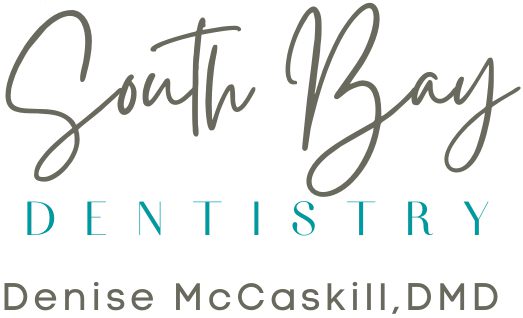
MANY OF US in Apollo Beach have needed cavity treatment at least once in our lives, and if we don’t keep up on our oral hygiene, it’s likely that we’ll get a couple more as time goes by.
While cavities may be inconvenient, it’s imperative that we get them treated immediately. Early treatment of cavities prevents long-term damage to our teeth and is essential to maintaining a beautiful, healthy smile!
Cavities Are a Sign of Tooth Decay
A cavity is a small hole that develops on your tooth when it begins to decay. The plaque that sticks to our teeth contains harmful bacteria that gobbles up leftover sugars and starches in our mouths and excretes acid onto our teeth.
Even though tooth enamel is the hardest substance in the body, it is highly vulnerable to erosion by acid, and a cavity can develop if plaque isn’t carefully controlled with twice-daily brushing and daily flossing. If left untreated, the cavity can grow larger and cause permanent damage to the tooth.
Letting cavities fester is more common than you think. Approximately 28% of adults are living with untreated cavities. Many people avoid getting their cavities treated. They might think it’ll save them money or they might have a lot of dental anxiety after a previous bac experience with the dental profession. However, a cavity isn’t going to go away on its own, so it’s critical to get cavity treatment as soon as you can.
Cavities Will Continue to Grow If Left Untreated
Cavities can only get worse with time. Once that harmful bacteria creates a cavity, it will continue to grow if not repaired with a filling. To further understand the damage a cavity can do to your tooth, let’s go over some tooth anatomy.
A tooth consists of three layers:
- The hard and protective outer layer called the enamel
- The middle layer called dentin, which contains thousands of microtubules that run through it so that the nerves in the teeth can feel pressure and temperature changes outside the tooth
- The inner layer called the pulp, which contains the tooth’s blood vessels and nerves
The enamel is the tooth’s first line of defense against cavity-causing bacteria. If treatment is postponed, the bacteria will eventually get through the enamel and enter into the layer of dentin, and eventually, the pulp.
If cavity-causing bacteria is allowed to reach the dental pulp, it can lead to a condition known as pulpitis, or inflammation of the pulp. If treated quickly, pulpitis can be treated with a simple filling. If left to progress, more serious measures may need to be taken such as a root canal or tooth extraction.
Cavity Treatment in Apollo Beach
When it comes to treating cavities, we have an array of effective techniques at our disposal. The primary goal is to remove the decayed portion of the tooth and replace it with a suitable filling material. Traditional dental fillings, often made of amalgam or composite resin, remain a common choice. In cases where the cavity is extensive or affects the tooth’s structure, more extensive restorations like dental crowns may be recommended to provide added strength and protection.
For early-stage cavities, minimally invasive treatments like dental sealants can be employed to prevent further decay. Regardless of the method chosen, prompt cavity treatment is essential to prevent the problem from worsening and to maintain your oral health. At South Bay Dentistry, we will work closely with you to determine the most appropriate approach based on the cavity’s size and location.
Your Health and Comfort Are Our Priority
In the end, it’s better to prevent cavities before they even occur! At our practice, your health and comfort are our priority. We are your partners in helping you maintain a cavity-free, beautiful smile! You can learn more about our Apollo Beach practice by checking our business page, and make sure to get directions before heading our way.


